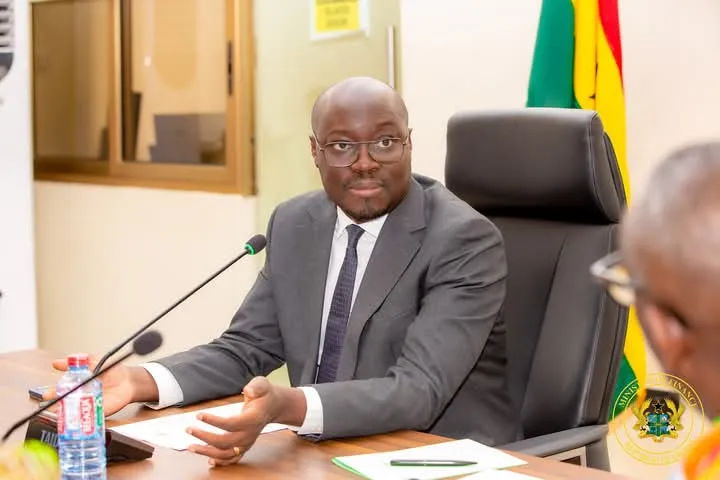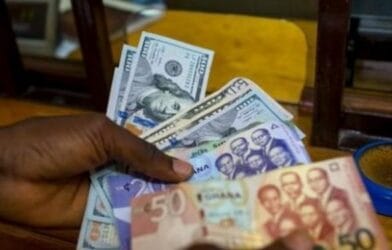Ghana has received $360 million from the World Bank to strengthen economic recovery efforts and reinforce fiscal stability, in what government officials describe as a major boost to ongoing reforms under the International Monetary Fund (IMF) programme.
The concessional financing, provided through the International Development Association (IDA), was approved on June 27, 2025, and credited to Ghana’s accounts at the Bank of Ghana yesterday. It represents the second tranche of World Bank support following last year’s $300 million disbursement under the First Resilient Recovery Development Policy Financing (DPO1).
The funds are part of the Ghana Second Resilient Recovery Development Policy Financing (DPO2) package. They are earmarked to restore fiscal stability and discipline, strengthen the financial sector, improve energy sector governance, and enhance social and climate resilience.
The World Bank said the DPO series aims to “restore investor confidence, accelerate economic growth, maintain macroeconomic stability, and create a more resilient and inclusive economy.”
Finance Minister Dr. Cassiel Ato Forson noted that the inflow affirms international confidence in Ghana’s reform programme.
“The successful implementation of reform actions under the IMF programme and the Development Policy Operations has strengthened macroeconomic stability, restored investor confidence, and laid a solid foundation for sustained economic recovery and inclusive growth,” he said.
He added that the government remained committed to fiscal discipline and to building an economy capable of withstanding external shocks.
The first policy financing package (DPO1), delivered in 2024 and worth $300 million, was deployed to stabilize public finances in the aftermath of the COVID-19 pandemic. That support was targeted at fiscal sustainability, energy discipline, financial sector stability, and climate resilience.
The current $360 million disbursement builds on that framework and forms part of a broader strategy to align Ghana’s reforms with IMF programme benchmarks while broadening social protection and investment in climate-resilient growth.











